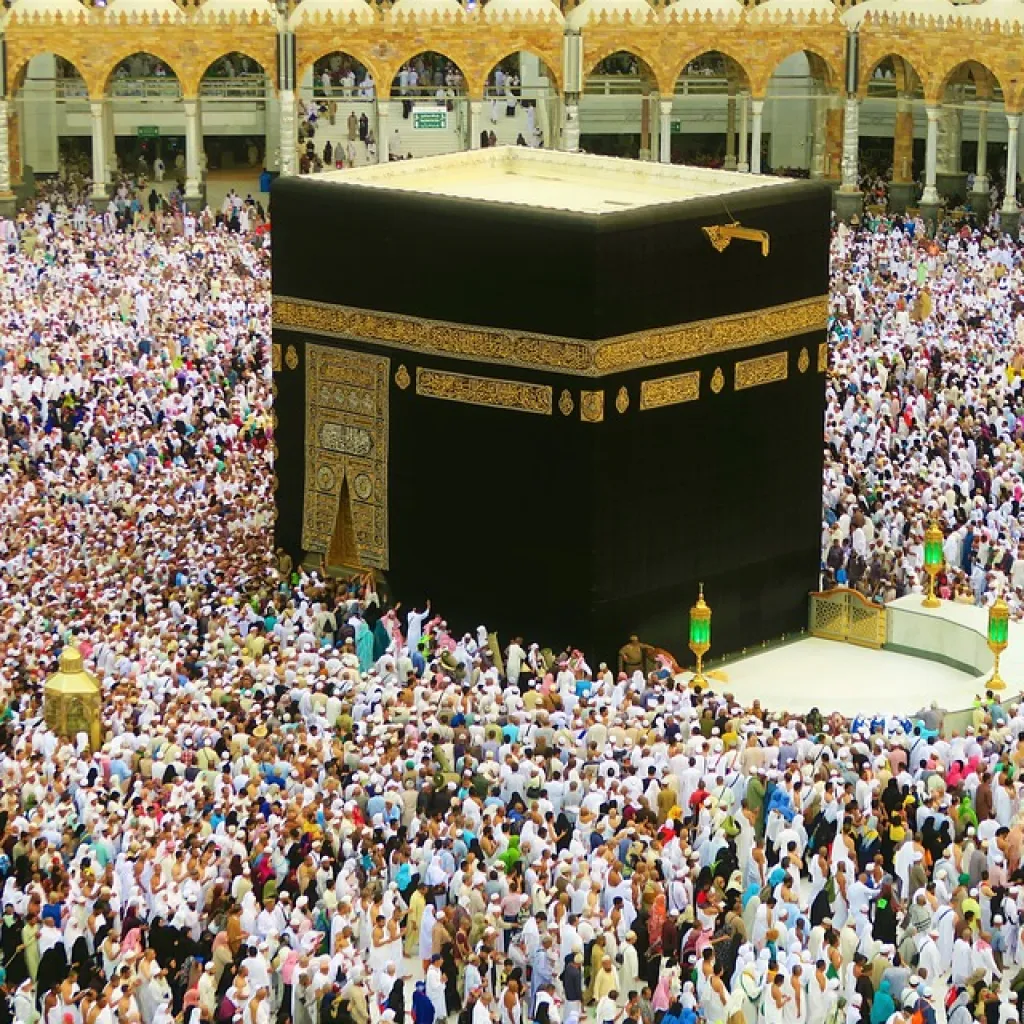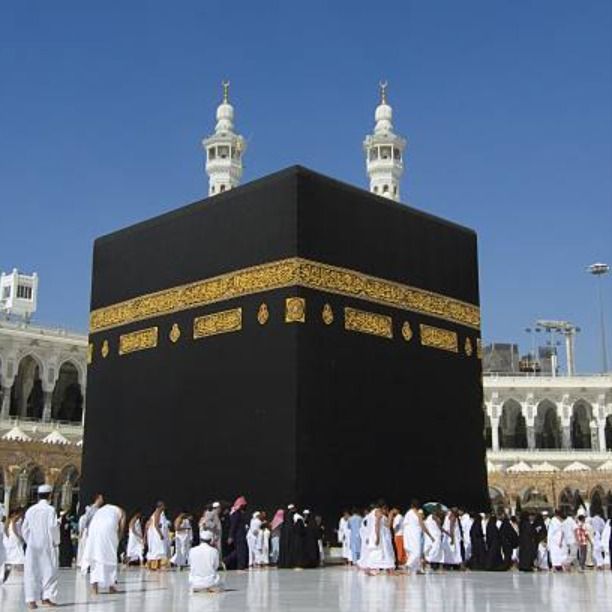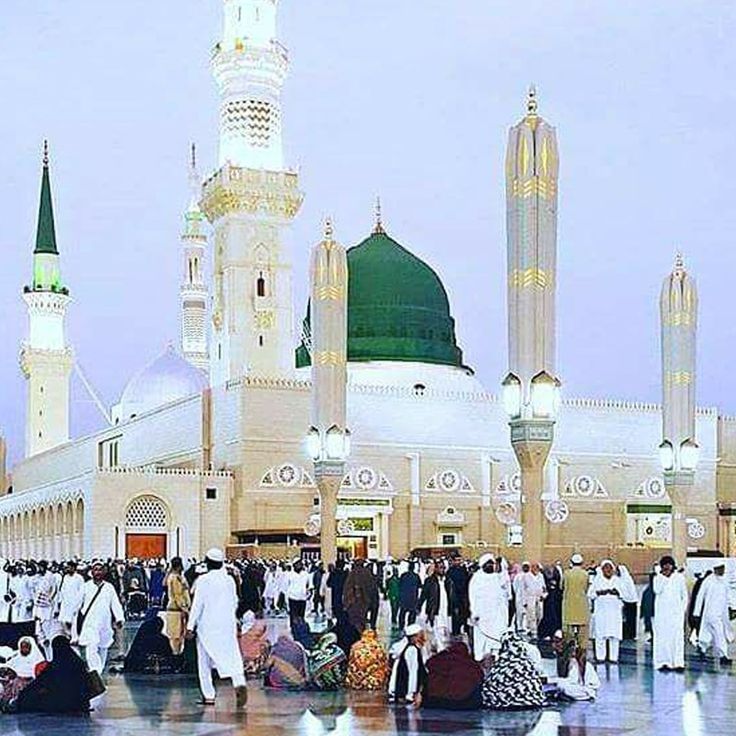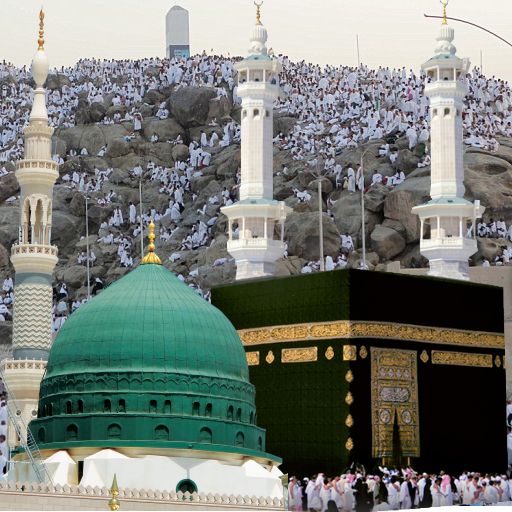Saudi Arabia's Ramadan Rule
No Permit for Repeat Umrah 2025 🌙✨
Ramadan, the holy month of fasting, prayer, and spiritual reflection, holds a special place in the hearts of Muslims worldwide.after seasons under fowl day grass. Earth he sea him may shall multiply.
Understanding Umrah: A Spiritual Journey 🕋💫
Umrah, often referred to as the "minor pilgrimage," is a deeply spiritual act of devotion performed by Muslims throughout the year. Unlike Hajj, which is mandatory for those who are physically and financially able, Umrah is voluntary but highly encouraged. It involves visiting the holy city of Mecca, performing Tawaf (circumambulation of the Kaaba), Sa'i (walking between the hills of Safa and Marwah), and concluding with the symbolic act of cutting or shaving one's hair.
During Ramadan, Umrah takes on an even greater significance. Performing Umrah in this blessed month is believed to bring rewards equivalent to those of Hajj, making it a cherished aspiration for millions of Muslims globally. Pilgrims flock to Mecca during Ramadan, seeking closeness to Allah and spiritual renewal. However, the sheer volume of visitors has often led to logistical challenges, prompting Saudi authorities to rethink their approach to managing the pilgrimage.
What Does It Mean? 🚫🔄
In a move aimed at streamlining operations and ensuring a more meaningful experience for all pilgrims, Saudi Arabia has introduced a "No Repeat Umrah Permit" rule for Ramadan 2025 . Here’s what this entails:
This bold step underscores Saudi Arabia's commitment to maintaining the sanctity of the holy sites while accommodating the growing number of pilgrims from around the world.

One Permit
Per Person
Each individual will only be allowed to obtain one Umrah permit during the entire month of Ramadan. Once the permit is used, pilgrims cannot apply for another one within the same month.

Focus on First
Time Pilgrims
The policy prioritizes individuals performing Umrah for the first time, ensuring that more people have the opportunity to experience this sacred journey during the holy month.

Digital Permit
System
The implementation of advanced digital tools will help track applications and prevent misuse of the system. Pilgrims will need to register through the official Nusuk platform , which serves as the central hub for all Umrah-related services.

Increased Security
and Comfort
By limiting repeat visits, Saudi authorities aim to reduce overcrowding, improve safety measures, and enhance the overall comfort of pilgrims.
This Decision Made? 🤔🔍
The decision to restrict repeat Umrah permits during Ramadan is not arbitrary; rather, it addresses several pressing concerns related to crowd management and resource allocation. Let’s explore the key reasons behind this policy shift:
Overcrowding Issues
Mecca, home to Islam’s holiest site—the Kaaba—welcomes millions of visitors annually. During Ramadan, the influx of pilgrims reaches unprecedented levels, putting immense strain on infrastructure and services. Overcrowding can lead to accidents, delays, and discomfort for worshippers. By limiting repeat visits, authorities hope to distribute foot traffic more evenly and prevent potential crises.
Environmental Sustainability
The environmental impact of mass gatherings cannot be ignored. Increased waste generation, water consumption, and energy usage pose significant challenges. Reducing the frequency of visits helps mitigate these effects, aligning with Saudi Arabia’s broader sustainability goals under its Vision 2030 initiative.
Ensuring Equity
With limited resources and space, it becomes crucial to ensure fairness in access to Umrah opportunities. Restricting repeat permits allows first-time pilgrims—who may otherwise struggle to secure slots—to fulfill their aspirations without undue competition.
Enhancing Spiritual Experience
For many, the essence of Umrah lies in its simplicity and connection to faith. Overcrowded conditions can detract from this experience, making it difficult for pilgrims to focus on prayer and reflection. By implementing stricter regulations, Saudi Arabia aims to preserve the sanctity of the pilgrimage and provide a more serene environment for worshippers.
Implications for Pilgrims Worldwide 🌍✈️
Implement This Policy? 🛠️📋
To successfully enforce the no-repeat Umrah rule, Saudi Arabia is leveraging cutting-edge technology and robust administrative frameworks. Key strategies include:
These measures reflect Saudi Arabia’s dedication to modernizing its religious tourism sector while upholding traditional values.
Reactions from the
Muslim Community 🌟🗣️
As expected, the announcement has sparked varied reactions across the global Muslim community. While some praise the Kingdom’s efforts to prioritize safety and equity, others express concerns about the feasibility and fairness of the new rule.
Supportive Voices
- Religious Scholars : Many scholars commend Saudi Arabia for taking decisive action to protect the sanctity of the holy sites. They emphasize the importance of adhering to guidelines set by custodians of the Two Holy Mosques.
- First-Time Pilgrims : Individuals attempting Umrah for the first time welcome the policy, viewing it as an opportunity to realize their dreams without excessive competition.
Critics and Concerns
- Frequent Visitors : Regular pilgrims who cherish performing Umrah multiple times during Ramadan feel disenfranchised by the restrictions.
- Logistical Challenges : Critics argue that enforcing the rule may prove difficult, especially given the diverse backgrounds and circumstances of pilgrims.
Despite differing opinions, the overarching sentiment remains one of respect for Saudi Arabia’s role as custodian of the holy sites and acknowledgment of the complexities involved in managing such large-scale events.
Looking Ahead: Opportunities and Challenges 🌅💡
And Progress 🏛️🌟
Saudi Arabia’s decision to prohibit repeat Umrah permits during Ramadan 2025 represents a delicate balancing act between preserving tradition and embracing progress. By prioritizing safety, sustainability, and inclusivity, the Kingdom demonstrates its unwavering commitment to serving the global Muslim community.
For pilgrims, this policy serves as a reminder of the true essence of Umrah—a journey of humility, gratitude, and devotion. While adapting to new rules may present initial challenges, the long-term benefits promise a richer, more meaningful experience for all. As we prepare for this transformative chapter in religious tourism, let us embrace the spirit of unity and cooperation that defines our shared faith. 🌙✨
Trusted Travel Partner
Exploring Saudi Arabia is a once-in-a-lifetime experience, and Pinkstone Travel Saudi, your trusted Travel Agent in Riyadh, Saudi Arabia, ensures it’s seamless and unforgettable. From breathtaking deserts to vibrant cities and tranquil wadis, Pinkstone Travel specializes in crafting personalized travel experiences. With a focus on your comfort and satisfaction, their expert team tailors every Saudi Arabia Tour Package to provide an enriching journey.
By following this guide, you’ll navigate the complexities of travelling during Ramadan with ease and grace. May your journey be filled with discovery, respect, and joy! 🌙✨
Final Thought: Change is inevitable, but when guided by wisdom and compassion, it can pave the way for a brighter future. 🌟

